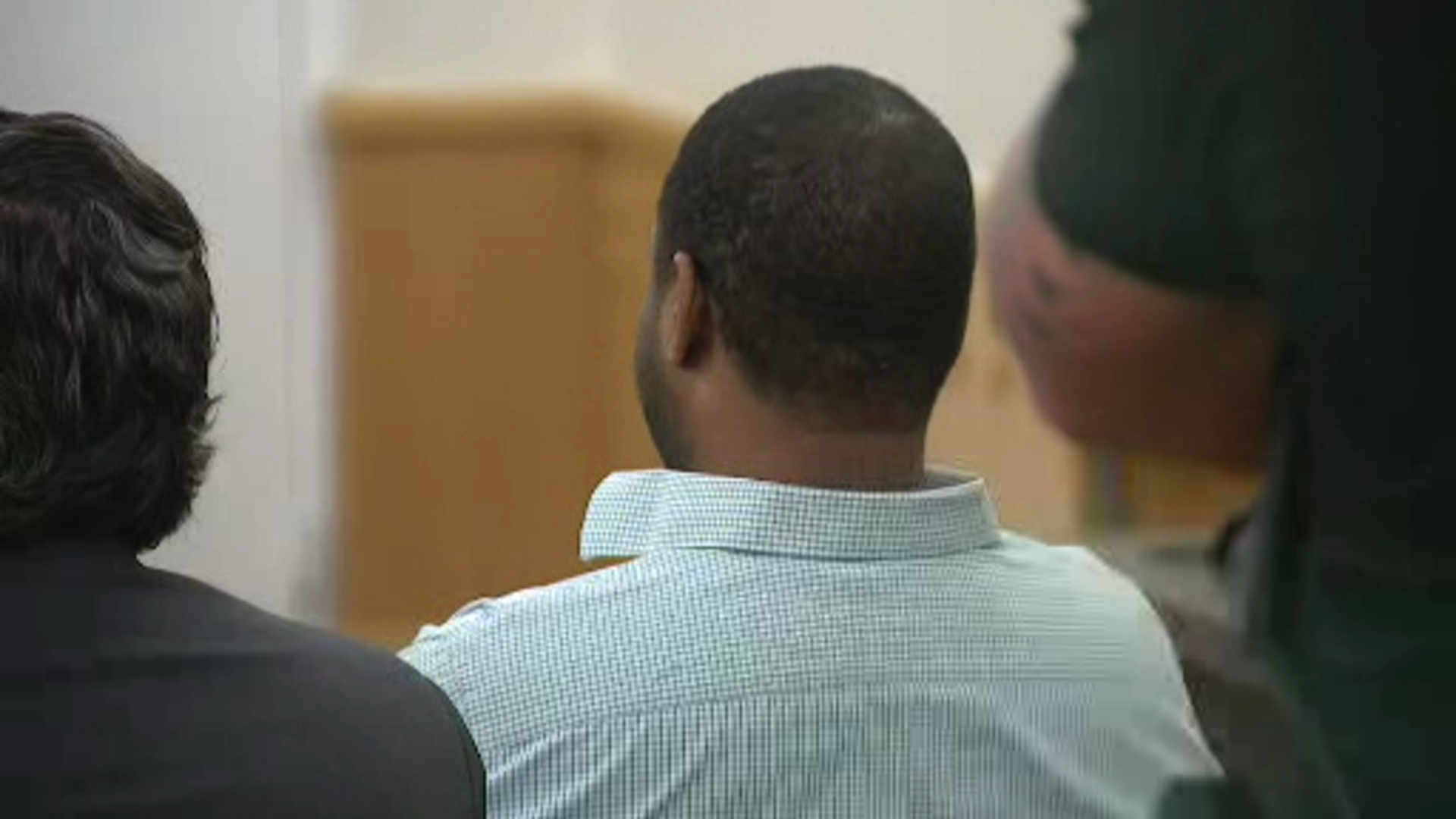For Tim Cole's family, a return to a courtroom this week renews hope they've clung to since he was convicted of rape more than two decades ago.
Cole and his relatives for years claimed he was innocent in the rape of a Texas Tech student in 1985. But until DNA from the crime scene was tested last year, no one else believed them.
That test showed another man, already imprisoned for rape, committed the crime for which Cole was sentenced to 25 years.
His family will ask an Austin judge on Thursday to overturn the conviction, but Cole won't be with them. He died in prison in 1999 at age 38.
Cory Session, Cole's brother, said the DNA test served its purpose.
"That's vindication," Session said. "We need exoneration. We are extremely hopeful that this process will actually get him cleared."
It would be the first posthumous DNA exoneration in Texas, according to attorney Jeff Blackburn of the Innocence Project of Texas, paving the way for a pardon by the governor and, eventually, expunging Cole's record.
Local
The latest news from around North Texas.
"For us it's got to be one step at a time," Blackburn said.
Blackburn has enlisted the help of Barry Scheck, who helped found Innocence Project, a national organization that assists prisoners who could be cleared by DNA testing.
The case against Cole relied primarily on identification by Michele Mallin, his alleged victim. The Associated Press does not typically identify rape victims but Mallin has come forth publicly to help clear Cole's name.
Blackburn and others working on Cole's behalf allege the photo lineup used in 1985 was flawed. Mallin picked Cole out of a photo array that included at least six other pictures. All were standard jail mug shots except for Cole's photo, which was a Polaroid.
Mallin, who Blackburn said would be at the hearing, later identified Cole in a live lineup and again at trial.
Also instrumental in the efforts to prove Cole innocent was Jerry Wayne Johnson, shown by DNA tests last spring to be Mallin's actual attacker.
Johnson, now serving time in a Snyder prison for two other rapes during the 1980s, has been trying for more than a decade to convince authorities that he raped Mallin.
He got no response.
Then on May 11, 2007, Johnson sent Cole a letter addressed to his mother's Fort Worth home. Not knowing Cole had died in prison years earlier after an asthma-induced heart attack, Johnson admitted raping Mallin and offered to help prove him innocent.
"If this letter reaches you, please contact me by writing so that we can arrange to take the steps to get the process started," wrote Johnson. "Whatever it takes, I will do it."
The letter reached Cole's family, who contacted a reporter and the Innocence Project.
Johnson, 49, also will be at the hearing and will probably testify, Blackburn said. A bench warrant will allow him to travel from his cell at the Price Daniel Unit in Snyder to Austin for the hearing, which could last a couple of days. No one is expected to oppose the effort to overturn Cole's conviction, Blackburn said.
The hearing is the first step in a Court of Inquiry -- an obscure and rarely used legal procedure -- for which Blackburn's petitioned.
"We're anxious to hear what (Johnson) has to say," Session said. "It'll be a very emotional court hearing and it will take us all back."
Lubbock County prosecutors have acknowledged the DNA test shows Cole was not the rapist. There is, however, no simple legal channel to formally exonerate someone who has died. An effort earlier this year to establish a Court of Inquiry was denied by the 99th District Court in Lubbock, Blackburn said.
Blackburn was granted a hearing from the 299th District Court in Austin.
Session said for now all the family wants is to have Cole's name cleared. He did not rule out pursuing civil damages for his brother's wrongful conviction.
"There's not one remedy that will bring Tim back," Session said. "That is a pain I still do not know how my mother deals with."



